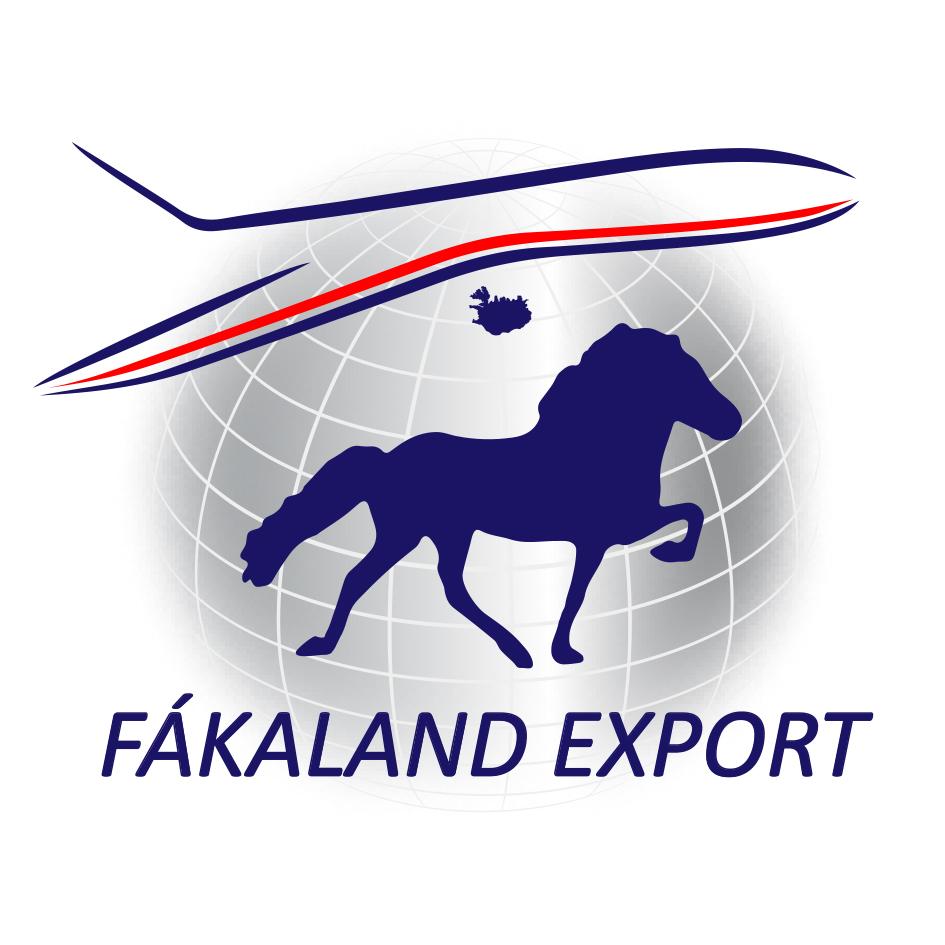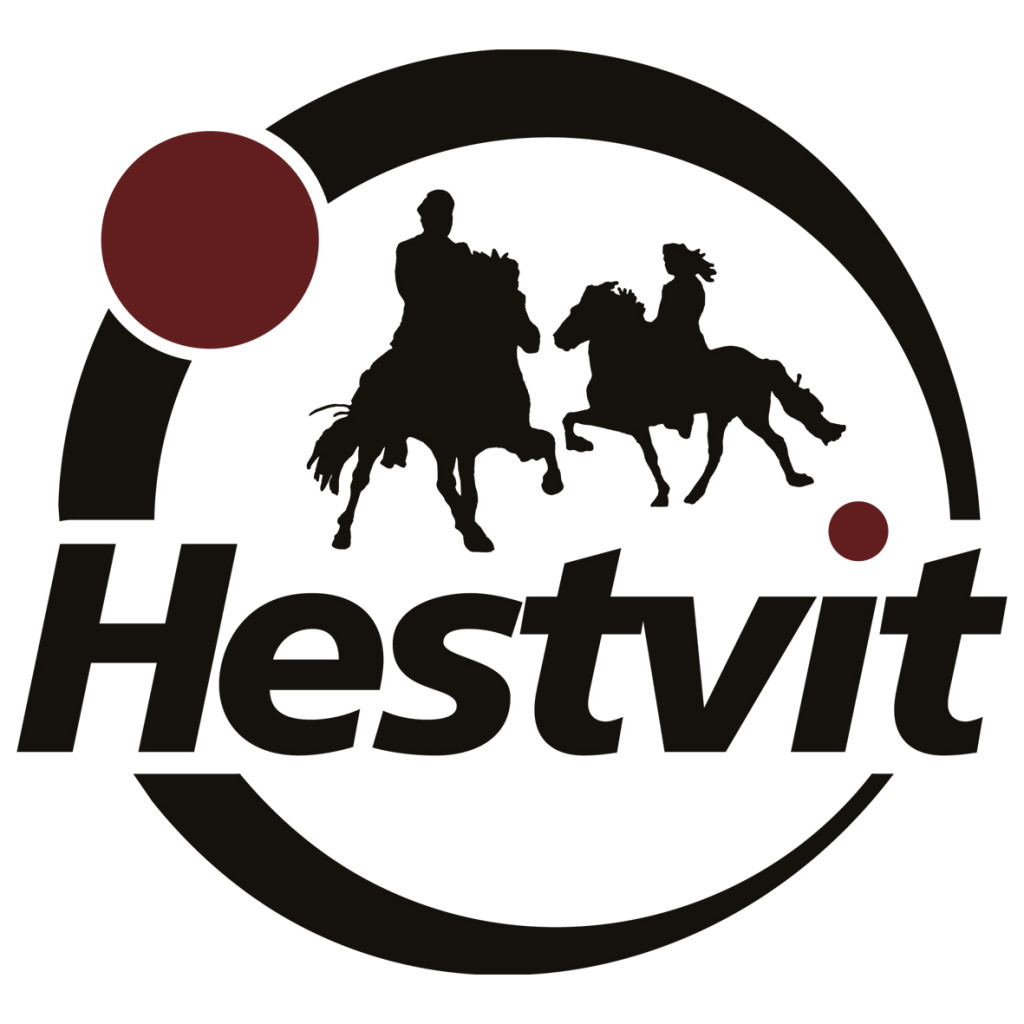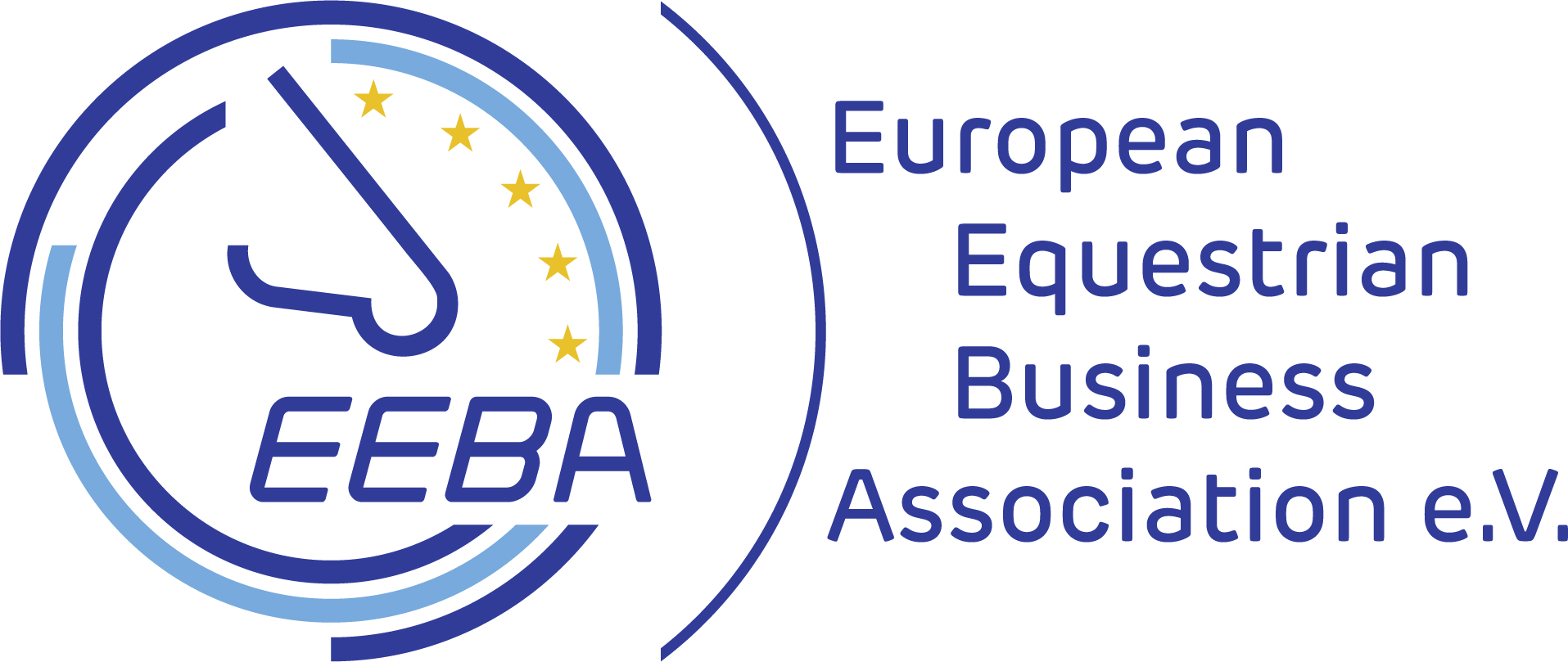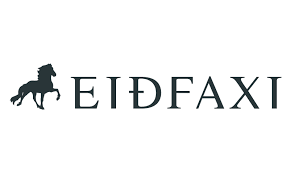In August, a so-called “horse naming committee” made headlines because a horse owner was not permitted to register her mare under the name Mósan (“The Blue Dun”) into WorldFengur, the studbook of origin for the Icelandic horse. “We consulted an Icelandic language expert and were told that it was not in compliance with Icelandic naming traditions to have a definite article in a name,” explains Þorvaldur Kristjánsson at the Icelandic Agricultural Advisory Centre. He and Kristín Halldórsdóttir at the registration committee for FEIF – International Federation of Icelandic Horse Associations review requests for new names into WorldFengur. “It can of course be debated how far we should go. People provide arguments for the names they have chosen and we try to respond to the best of our ability,” says Þorvaldur.
Þorvaldur states that this is no formal committee. It came about because FEIF requested that WorldFengur follow an already existing naming regulation more strictly. The issue was discussed at the general meeting in February, following which Þorvaldur and Kristín were asked to review requests for new names. If the name has already been accepted into WorldFengur, the horse owner can complete the registration. However, if the name is new, the committee must approve it. Afterwards, it is added to the database. “It is thought of as a filter, so that not just any name can be registered. Names that fulfil the criteria are being added all the time. The database is under constant development,” says Þorvaldur. “The horses should have names that follow Icelandic naming traditions, regardless of where they were born. Certain wordsmithing is permitted. The main issue is that they’re not in a foreign language.”
According to Þorvaldur, most owners of Icelandic horses are interested in giving them an Icelandic name but some need a little help, with spelling, for example. “If we look at WorldFengur registrations from Germany, we can see that many people want Icelandic names for their horses but don’t spell them correctly. Now we can fix that.” Þorvaldur says that the vast majority of new names is immediately accepted but once in a while, requests for foreign names are made, and these are turned down. Usually, people accept their arguments. “I think it is very positive that the FEIF countries have asked for this because the regulation strengthens Iceland’s image as the country of origin and is valuable for the marketing of Icelandic horses.”
Similar regulations exist for other horse breeds, Þorvaldur says. “It is not unique at all. There are regulations about horse names in many countries and sometimes they are stricter and more meticulous than here.” He takes the English Thoroughbred as an example. “In the rules, it is stated that if a horse wins a competition, that name cannot be used the next five years, and if it wins a bigger tournament, no horse can be given that name for the next ten years. Say, if Spuni would win Landsmót [National Horse Festival], no horse could be named Spuni the next five years!” Þorvaldur laughs at the thought. “Our regulation is not as extensive as for many other breeds,” he says. “Our system is simpler and less constricting.” He hopes that people are positive towards the naming regulation. “It is very valuable for the Icelandic horse that regardless whether a horse is born in Eyjafjörður [North Iceland], or Australia, it carries an Icelandic name.”
Text: Eygló Svala Arnarsdóttir. Photo: Gígja Einarsdóttir.
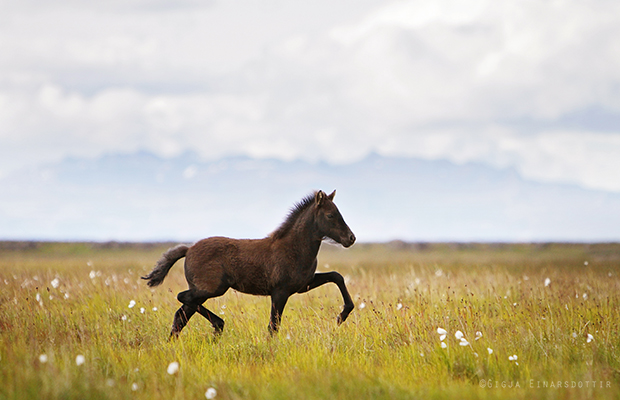

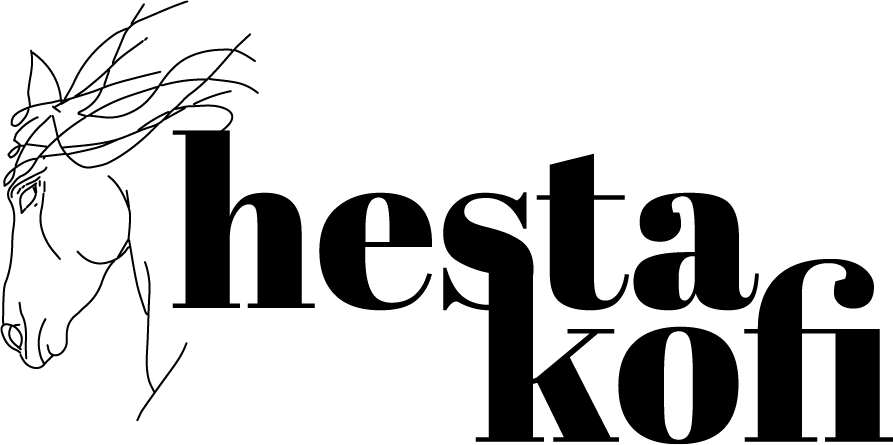
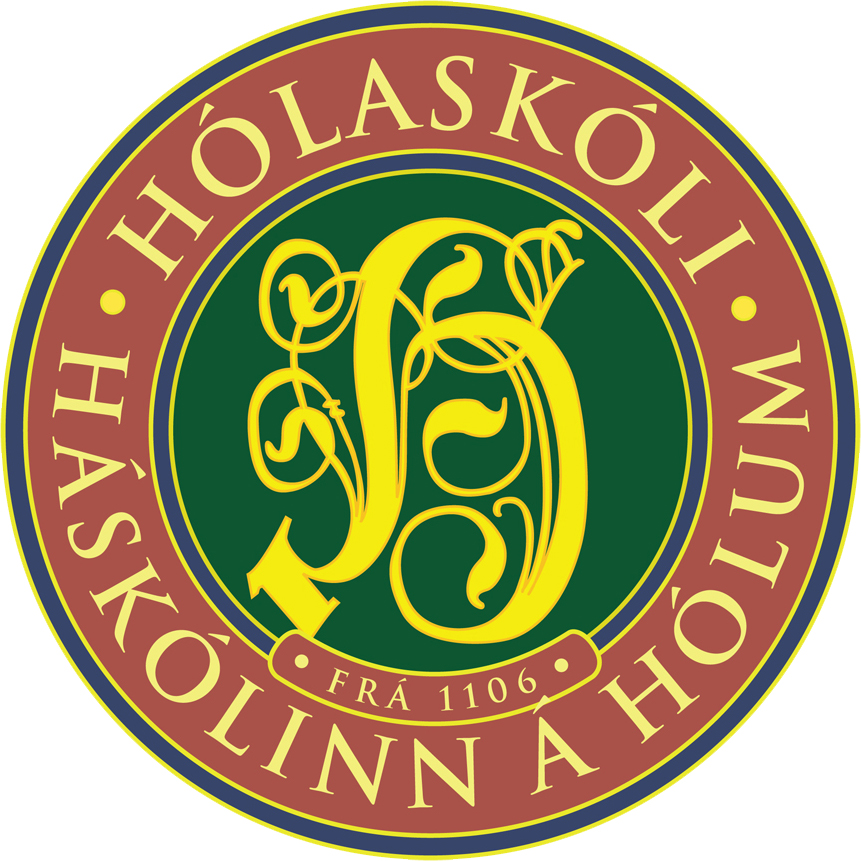



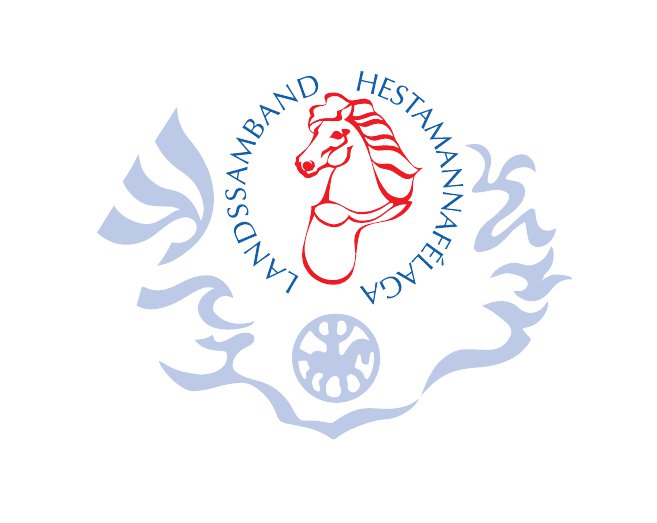

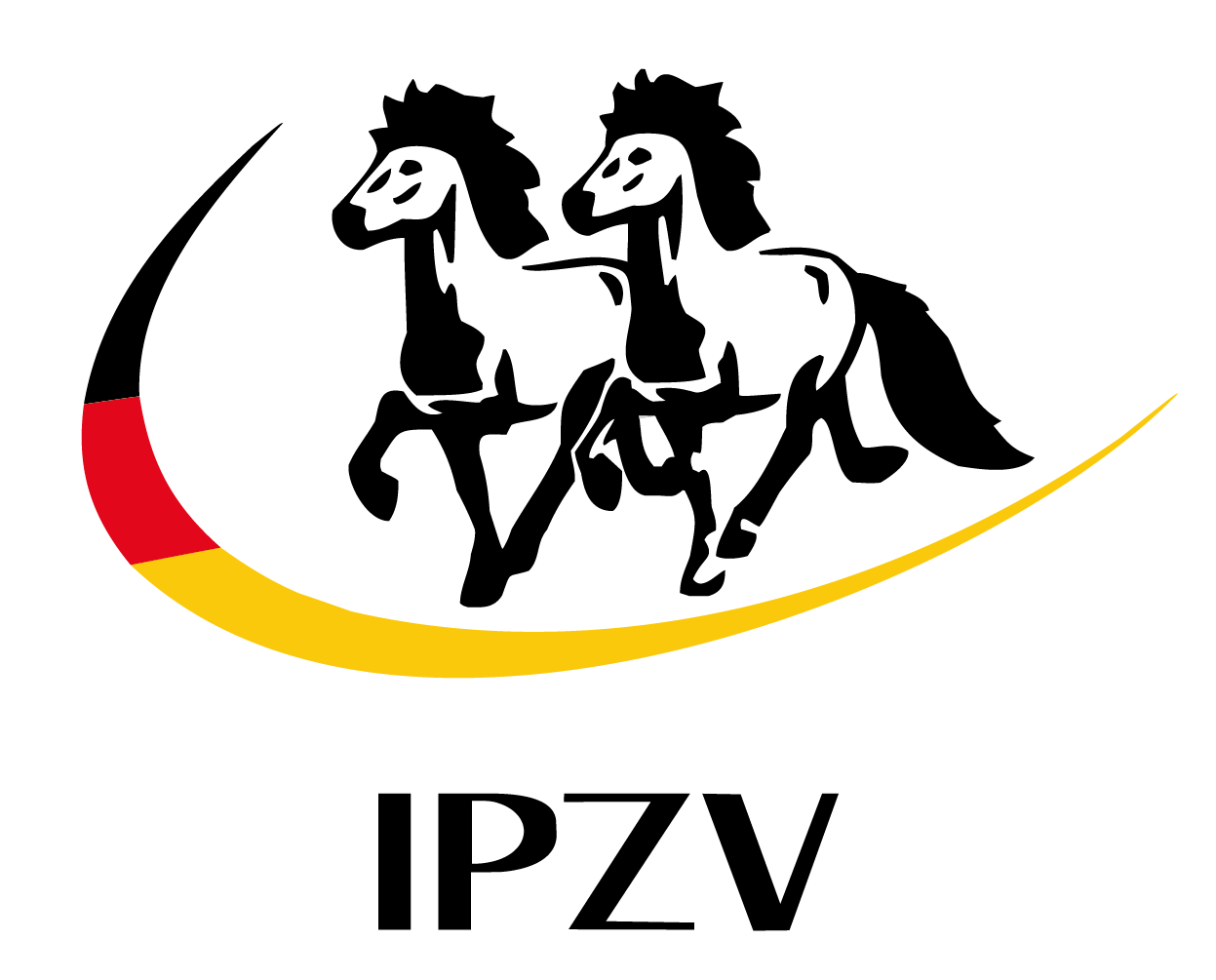

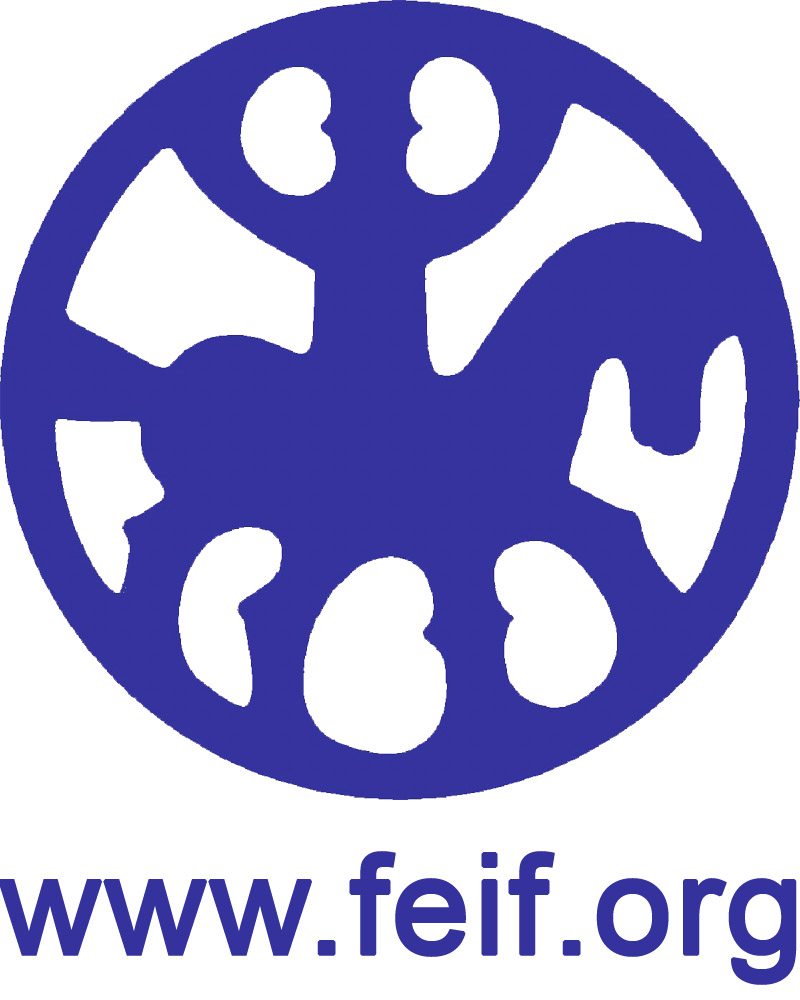
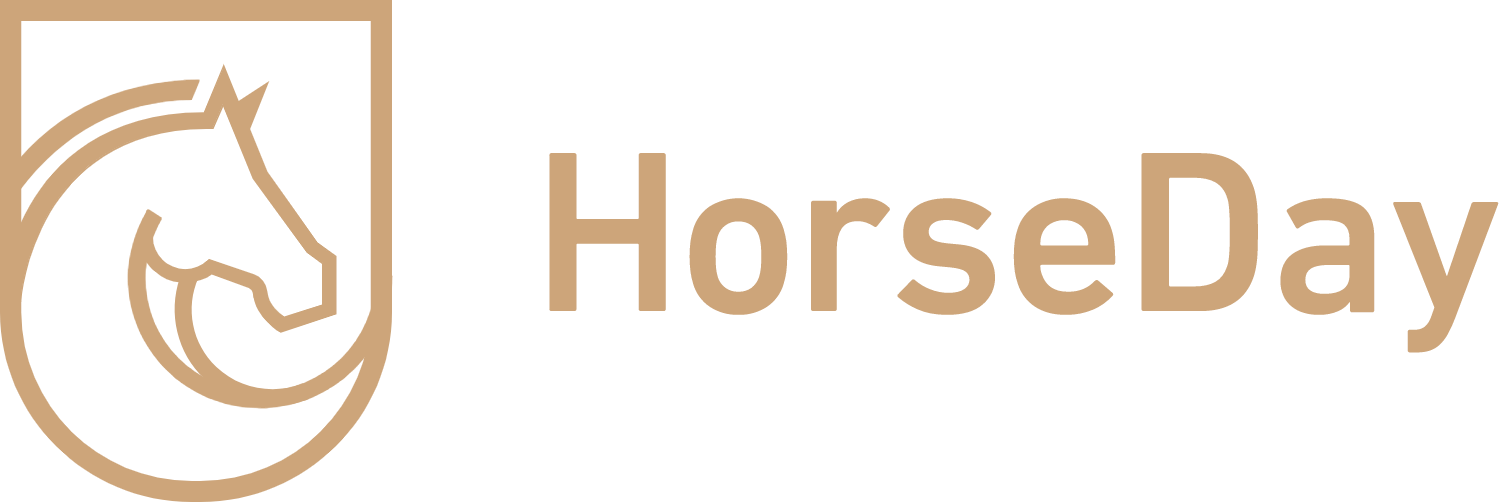
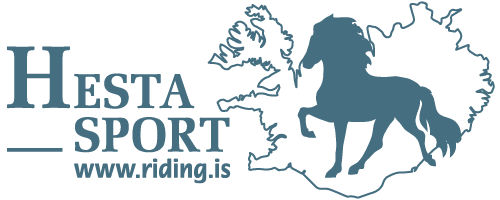


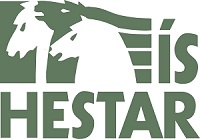

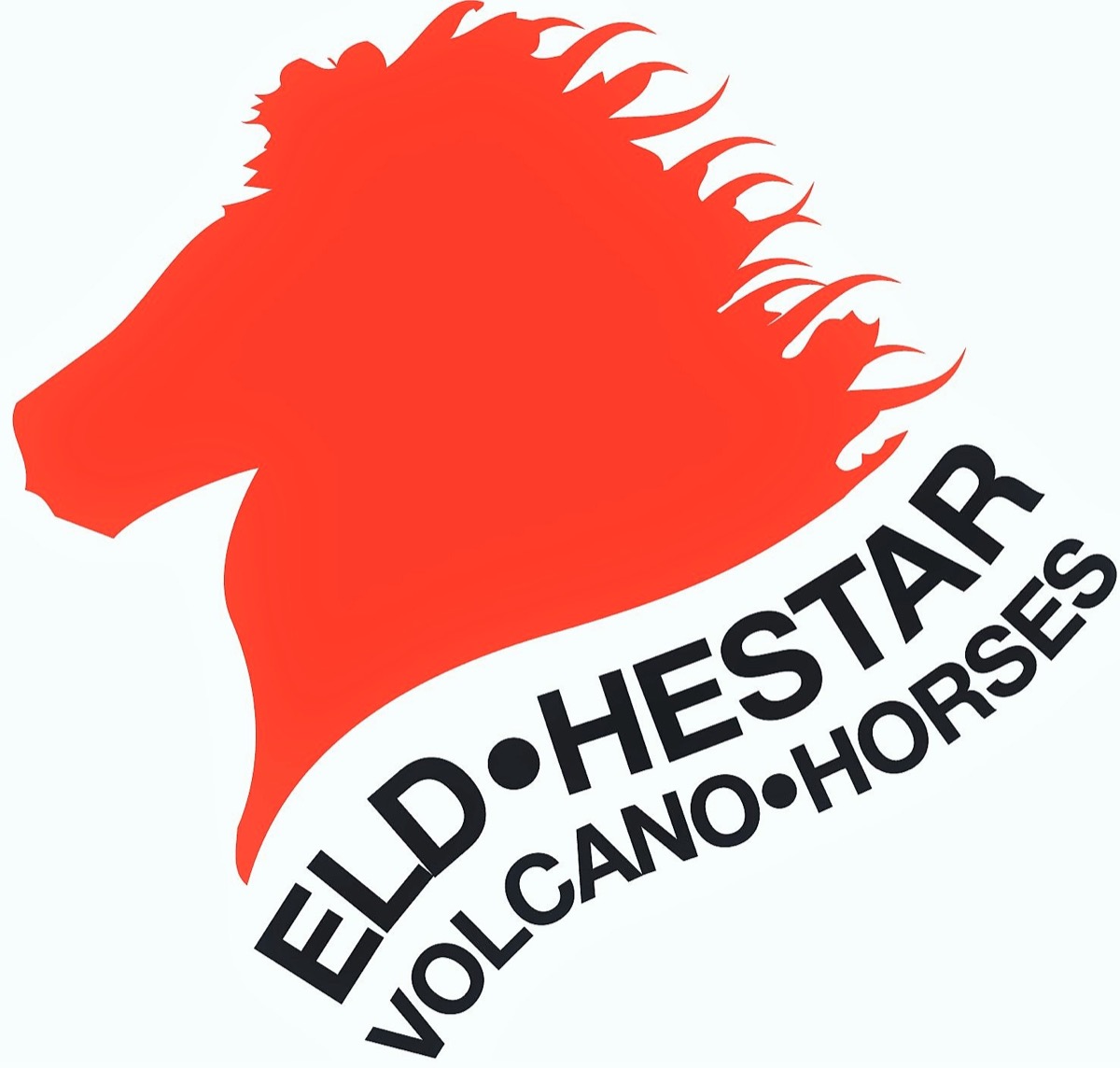
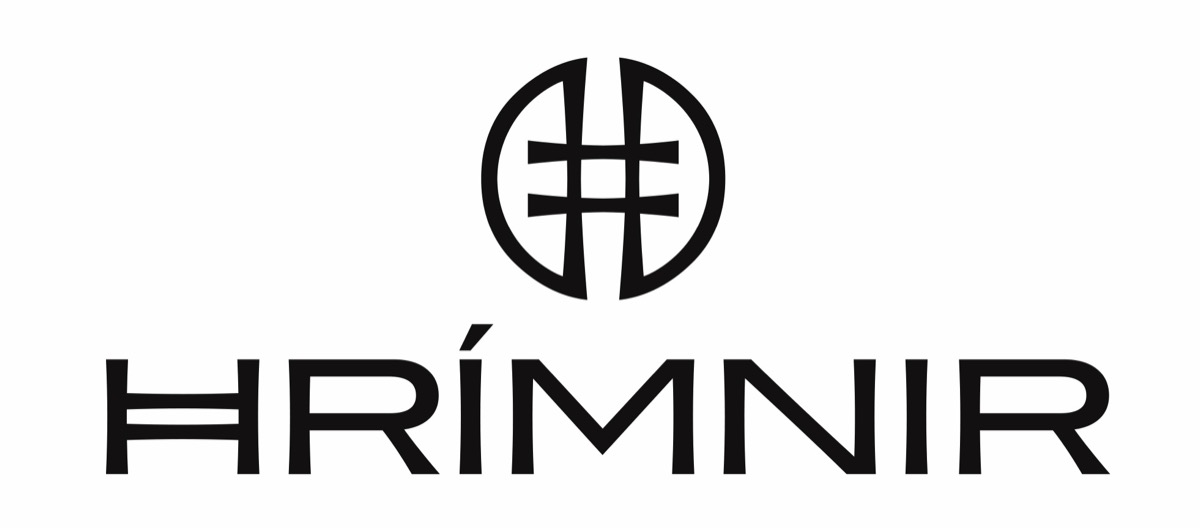

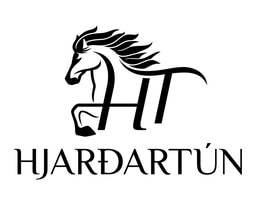
-1.jpg)
